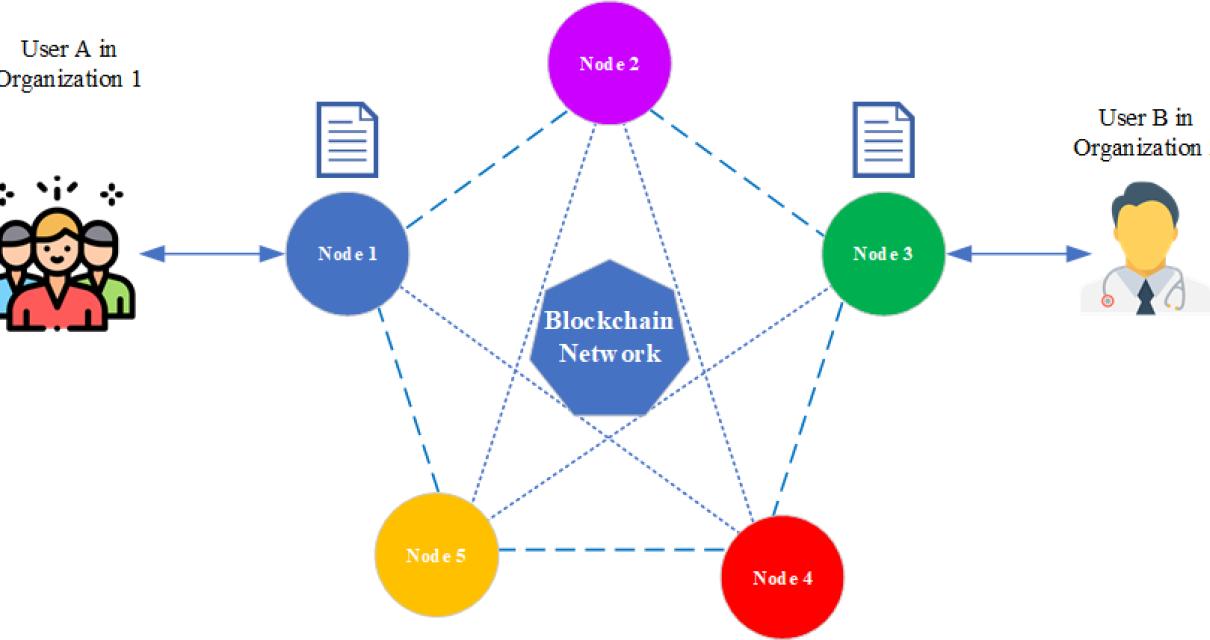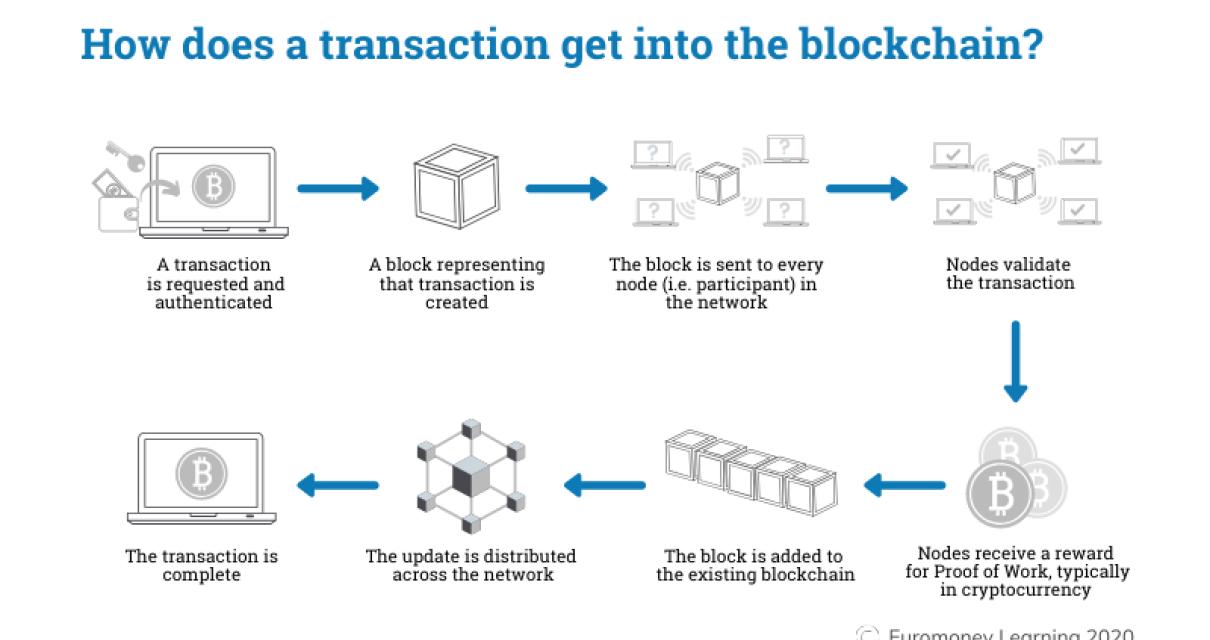How nodes work in a blockchain
Each node in a blockchain is responsible for maintaining a copy of the blockchain. Every time a new block is added to the blockchain, each node verifies the block and updates its copy of the blockchain. Nodes can also communicate with each other to form a consensus about the state of the blockchain.
The types of nodes in a blockchain
There are three types of nodes in a blockchain: miners, validators, and users. Miners are responsible for verifying and adding transactions to the blockchain. Validators are responsible for ensuring that the blockchain is consistent and valid. Users are responsible for interacting with the blockchain.
The role of nodes in a blockchain
A node is a computer that participates in the blockchain network. Nodes are used to keep a copy of the blockchain ledger, and they are responsible for communicating with other nodes to resolve inconsistencies or reach consensus on the correct order of events. A node can be a computer or a piece of software running on a server.
A valid block must be accepted by at least 50% of the nodes in the network in order to be added to the blockchain ledger. Once a block is added, it becomes part of the chain of blocks that make up the blockchain. Nodes can only add new blocks to the blockchain if they have the latest version of the blockchain ledger.

How to become a node in a blockchain
There is no one-size-fits-all answer to this question, as the best way to become a node in a blockchain depends on the specific blockchain platform that you are interested in joining. However, some of the most common ways to become a node in a blockchain include downloading the blockchain software, joining a blockchain network, and becoming a member of a blockchain community.
What are the benefits of being a node in a blockchain
network?
The benefits of being a node in a blockchain network include receiving payments for processing transactions, having access to a distributed ledger of all transaction history, and having the ability to verify and audit transactions. Additionally, being a node in a blockchain network can provide security and stability to the network.
What are the responsibilities of a node in a blockchain
network
A node in a blockchain network is a computer that helps to keep track of the network's transactions and blocks. Nodes are responsible for verifying and committing transactions to the blockchain. They also receive newly generated blocks from other nodes and add them to the blockchain.

What happens when a node goes offline in a blockchain
network?
When a node goes offline in a blockchain network, it cannot validate the transactions that are happening on the network. This can lead to a number of problems. First, it can create a problem with the validity of the transactions that have already happened. Second, it can create a problem with the validity of the blocks that are currently being generated on the network. Finally, it can create a problem with the overall stability of the network.